We know kids need time to play, but how much time? As much as possible. But what's key when we talk about play time is protecting BLOCKS of time.
When I visit many "play-based" programs to observe, I see actual play - free, unstructured, child-initiated play - squeezed in between multiple structured activities. Sometimes play is only given 15 minutes. A sort of "in between" time while the adult sets up the next structured activity.
Other programs, especially ones based in elementary schools, are chock full of transitions. Children may get play time, but it's constantly interrupted by scheduled appointments such as gym, art, music, snack, language study, circle of friends, etc. These special classes may be worthy, but they also break up the young child's day.
Children need blocks of time to play. Researchers have found that blocks of 1-2 hours or more are ideal. Studies by Dr. James Christie and Dr. Franics Wardle show that shorter play periods (less than 30 minutes) reduce the complexity and maturity of kids' play. Kids will still play in short, squeezed bits, but they drop sophisticated play. Short play is still good, but when the sophistication level drops play loses many of its benefits.
Teachers at the School for Young Children have found that preschool kids need at least 45 minutes to get into really good play. And once deep play has started, kids need more time, well beyond that 45 minutes, to expand and develop that play. The game needs time to play out.
I recently visited a cooperative preschool in Ann Arbor. Their daily schedule included a set snack time in the middle of the morning. After hearing about the benefits of blocks of play, the school switched to an open snack. Kids could eat if they were hungry, but playtime wasn't stopped. What an amazing difference! Suddenly the morning play time transformed. Children got deeply involved with play. Ideas and language skills blossomed. "Thank God we got rid of snack time," one parent said. "So this is what uninterrupted play looks like."
We can do this in our homes, too. Be aware of how many outings and transitions you place in the day. It's fine to go out, but strive to preserve blocks of time in the day.
We all need this. Adults, too. Open time to develop our own ideas.
Do you have big blocks of time? How can you create 1-2 hour blocks so kids can develop sophisticated play?
 Interested? Learn more about the values of free play in It's OK Not to Share...And Other Renegade Rules.
Interested? Learn more about the values of free play in It's OK Not to Share...And Other Renegade Rules.


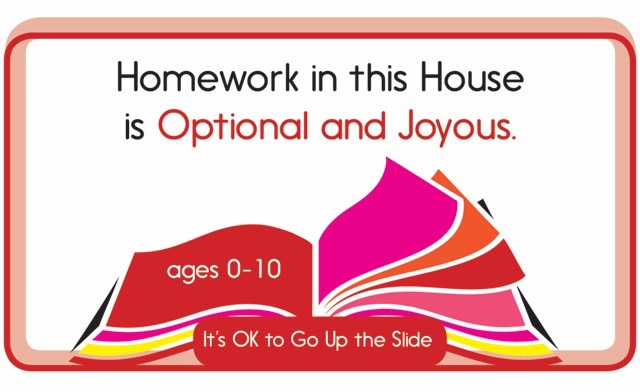
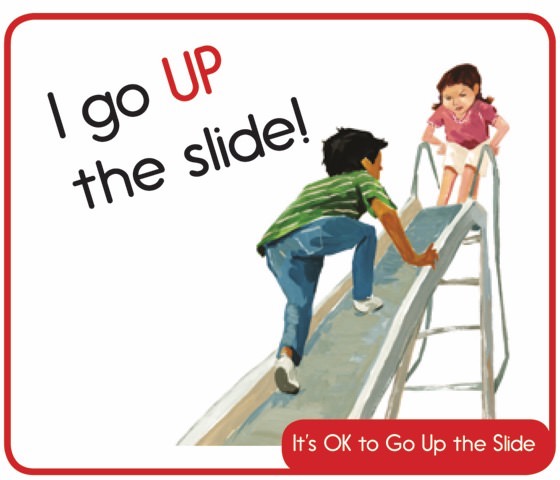
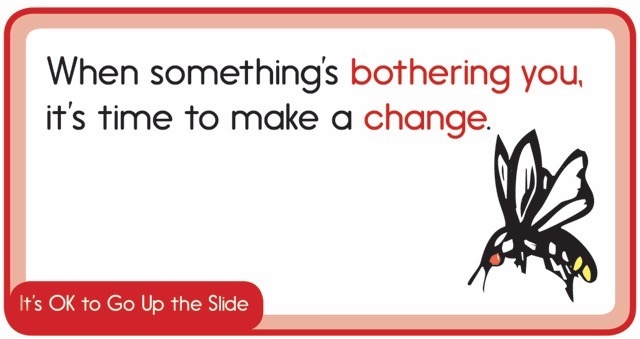
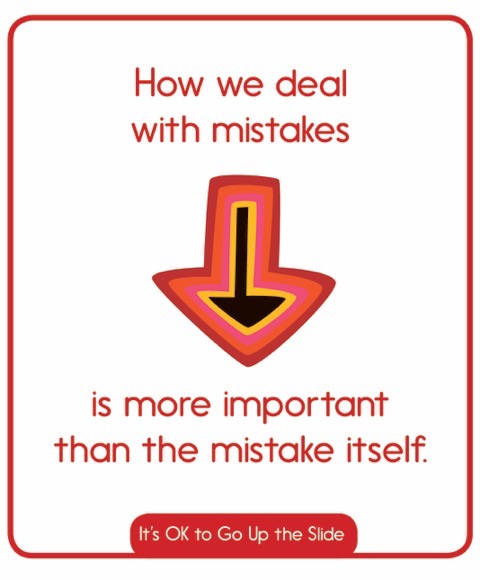
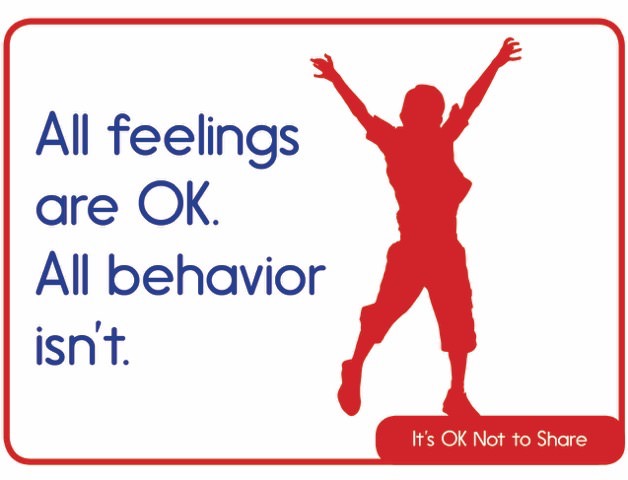

Heather - I'm so glad that you focused on the point LARGE blocks of uninterrupted time for not only children, but adults as well. The key word is UNinterrupted.
There have been occasions when people who I work from home have said something like, "Oh, then you're not busy so I'll stop by." I'm pleased to say that I've learned to not only establish healthy boundaries, but to maintain them as well.
Congrats on keeping healthy boundaries on your creative blocks of time! No easy task, I know.
A very good point.
I've read something elsewhere about the value of being 'bored' ... it gives the mind a chance to wander, a chance to CREATE. And I've just googled 'the value of being bored' and there's LOADS out there about it and not just from one author. I'm off to do some reading...
Wonderful - thoughts need do need time to wander and explore. Thanks for sharing.
Unfortunately, public education's obsession with structure, blocks of time, schedules, etc. is all designed to indoctrinate children to become good, obedient, dependable workers when they reach adulthood. While that may be good for a small minority of children who innately crave structure, the system pushes so many bright children away or out of the system because they start to rebel when they repeatedly attempt to be true to themselves and constantly are told, "You can't do that."
Bravo for any school or daycare that encourages unstructured, untimed play. Keep spreading the renegade rules, Heather.
Chris
[…] to Heather Shumaker in order deep and meaningful play to occur, children must have at least 45 minutes to get into play. However, this is just the start, once deep play is initiated more time is needed for the play […]